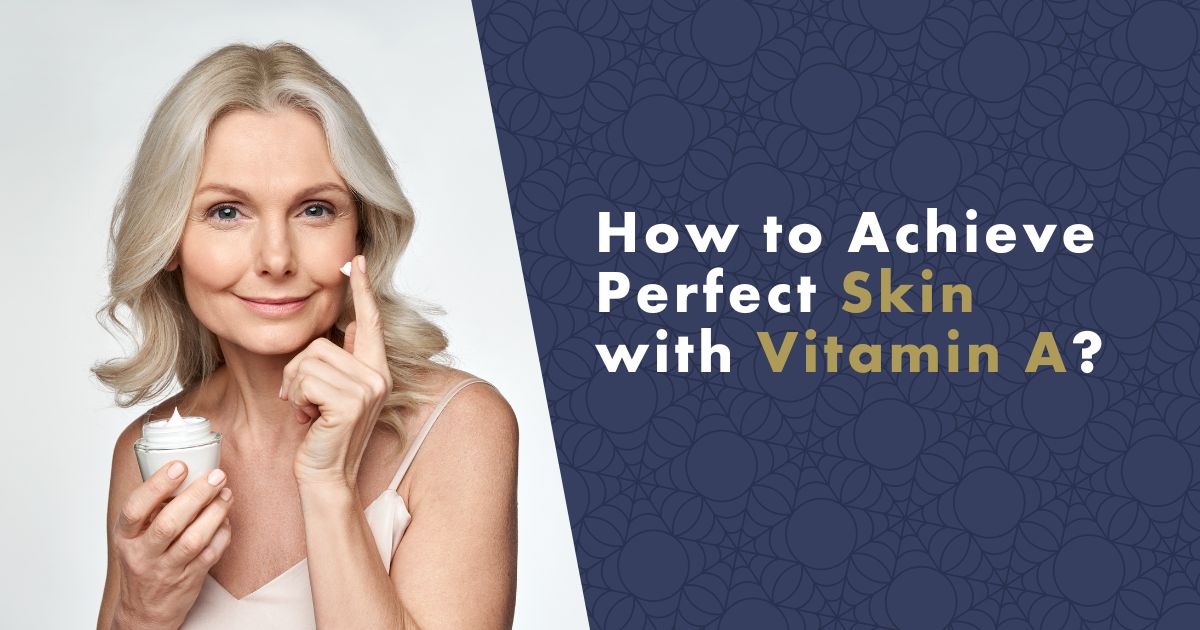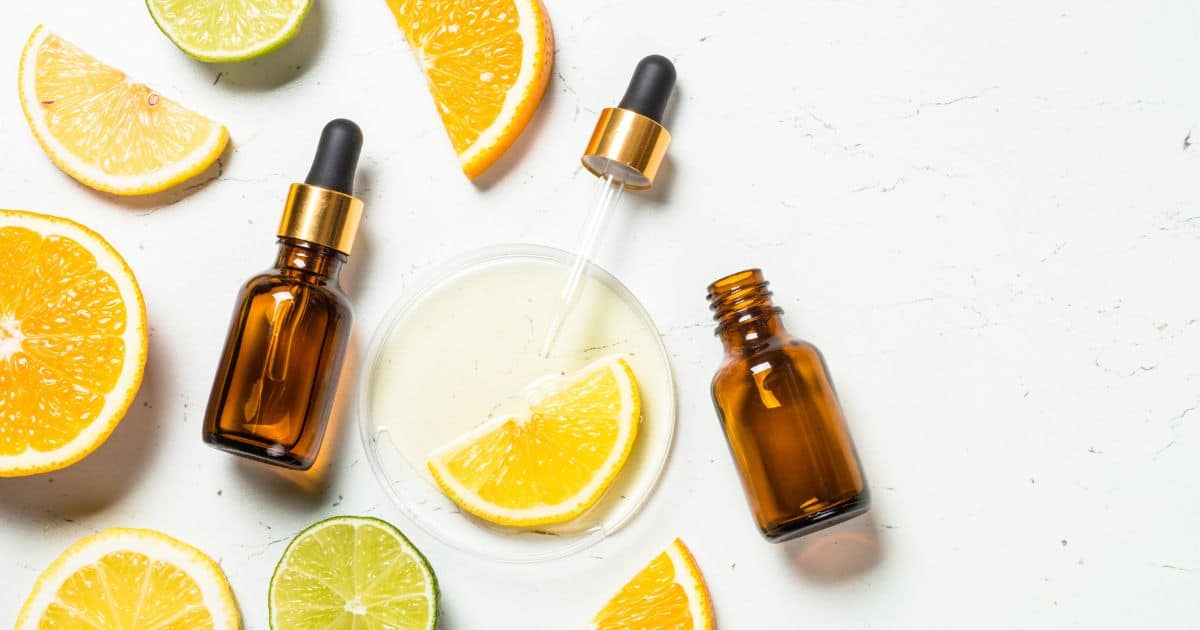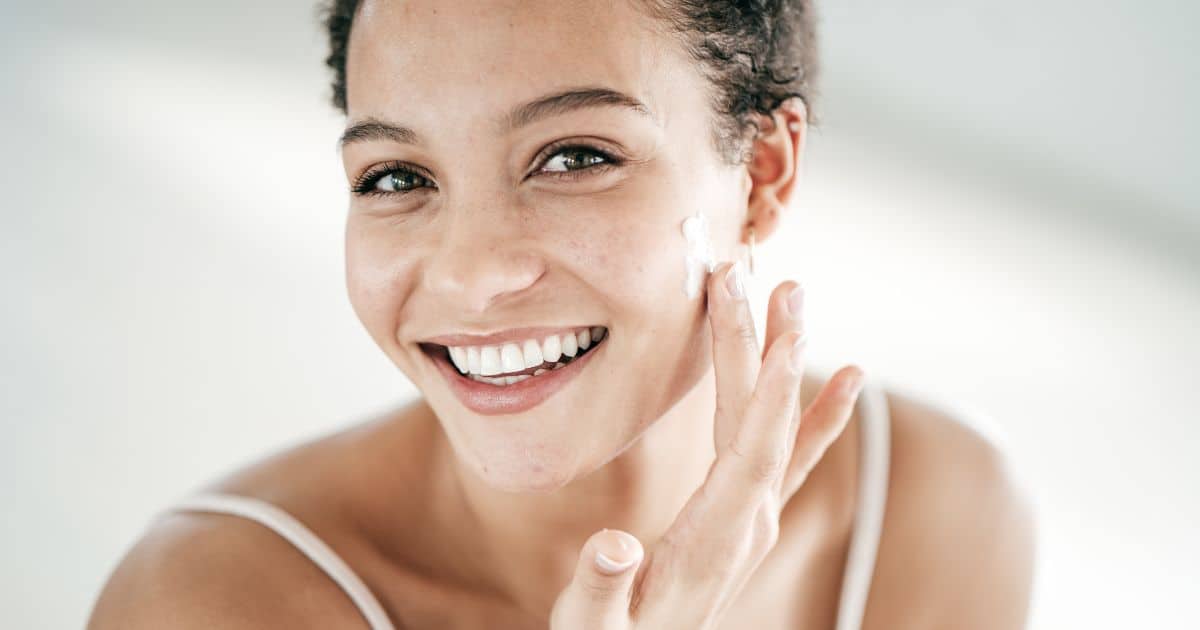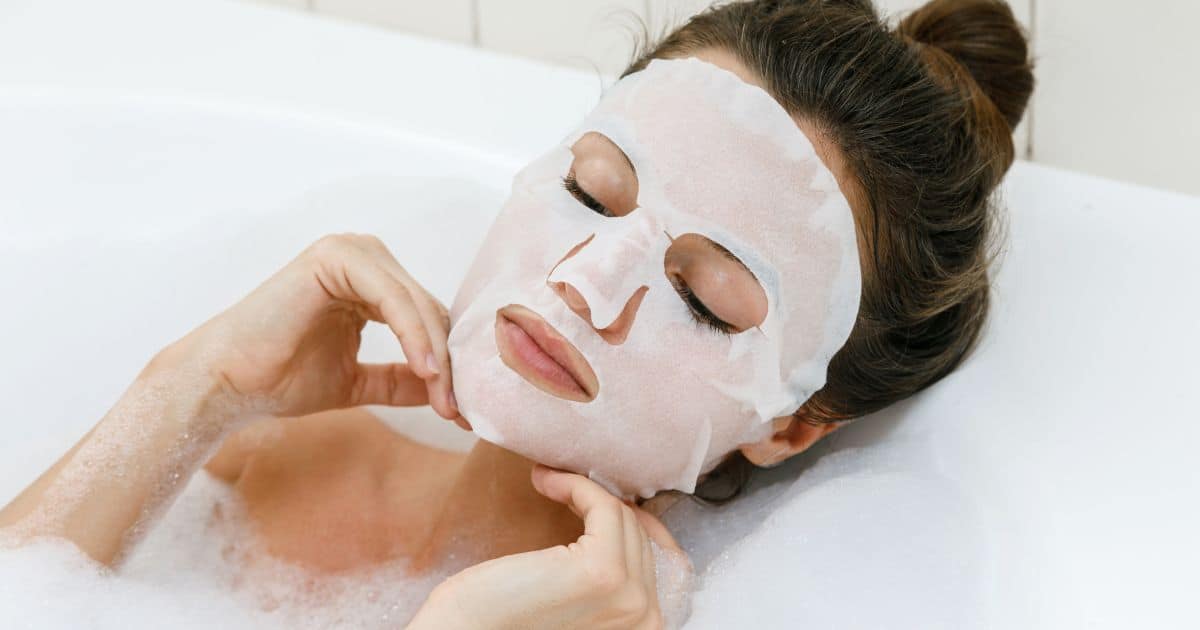A whole group of substances referred to as retinoids fall under the umbrella term of Vitamin A. Retinoids have gained immense popularity as an active ingredient in recent times, for valid reasons. In the cosmetic industry, retinoids are well-known for their scientifically backed effects against skin aging, including loss of elasticity and the formation of wrinkles.

What We Know about Vitamin A
Vitamin A is a fat-soluble vitamin that plays crucial roles in the body. It aids in the formation of rhodopsin, a visual pigment used in low-light conditions, while also acting as an important antioxidant. However, deficiency of this vitamin can lead to conjunctivitis, night blindness, and skin conditions such as cornification and scaling.
While it is important to get enough Vitamin A, it is also possible to overdose on it. Excessive intake can cause poisoning and even lead to osteoporosis. Moreover, pregnant women should be cautious about excessive Vitamin A intake as it can result in fissures.
Vitamin A consists of a group of substances:
- Betacarotene (provitamin A) – a carotenoid that serves as a yellow-red dye. It is a significant antioxidant.
- Retinol (vitamin A1) - In the skin, retinol is converted to retinal and then to retinoic acid, which is another form of vitamin A.
Vitamin A as an antioxidant is used in cosmetic products to rejuvenate the skin and reduce wrinkles.
Tip: Read, how to fight first wrinkles.
What Are Retinoids
Cosmetics have seen a surge in the popularity of retinoids in recent years. Retinoids, which are synthetic derivatives of Vitamin A, are used to treat various skin conditions, including severe hand eczema, psoriasis, and different forms of acne. While Vitamin A can be toxic in effective doses and less effective in lower doses, researchers have focused on studying synthetic derivatives of Vitamin A, namely retinoids, due to their effectiveness and safety.
Types of Retinoids
- Retinol,
- retinal,
- tretinoin - all-trans retinoic acid.
The highly active retinoid is a form of retinol without unpleasant side effects. While the highly active retinoid has not been extensively researched, it remains a popular option for introducing the skin to retinoids due to its minimal side effects. Retinoids, in general, are known to unclog pores, reduce acne breakouts and scars, limit acne-causing bacteria formation, and alleviate skin inflammation.
Tretinoin, synthesized in the 1960s, is one of the most widely recognized retinoids. Isotretinoin, synthesized for psoriasis and severe acne, followed shortly after. The successful synthesis of aromatic retinoids led to the development of alitretinoin, which treats eczema on the hands, in the late 1990s.
#produkty#https://www.nanospace.store/cosmetics/
Trans-retinoic acid, commonly known as Tretinoin, is a prescription medication used primarily to treat acne. It also has a positive effect on reducing wrinkles caused by premature skin aging due to prolonged and repeated exposure to UV radiation from the sun. It increases collagen production and stimulates the formation of new blood vessels in the skin, as well as being effective in lightening age spots.
What Are the Benefits of Sing Retinoids in Cosmetics?
Vitamin A offers a plethora of benefits for the skin, making it a popular ingredient in cosmetics. It helps in cleansing and reducing the appearance of pores, improving skin tone, regulating sebum production, and reducing pigmentation. Additionally, it stimulates collagen production, which helps to diminish the appearance of wrinkles and fine lines, making it a powerful anti-aging ingredient.
Vitamin A is also effective in fighting acne. It shortens the skin cell cycle from the usual 28 days to 14-21 days.
Benefits of Using Vitamin A for Skin
- cleans the pores,
- modifies their size and appearance,
- unifies skin tone,
- regulates sebum production,
- reduces pigmentation,
- is very effective in the fight against acne.
Based on the information provided, it is evident that including vitamin A in cosmetic products is beneficial for those who desire a more youthful appearance. Anti-aging serums frequently contain vitamin A as an active ingredient.
How to Use Vitamin A in Cosmetics
To begin using vitamin A in cosmetics, it is recommended to start with the weakest form, which is retinol. Retinol needs to be converted in the skin to retinal and then to retinoic acid to be effective. Although this process makes retinol the weakest form of vitamin A, it is still effective and widely available in the market.
Tip: Read 10 effective tips to get rid of acne.
Retinols in cosmetics are also divided according to concentration. You start with the lowest possible concentration and gradually work your way up to the highest. If you have been using retinols for several years and feel that your skin could handle something stronger, or if you already have mature skin and want something more effective for it, you can reach for retinal. In order for retinal to work, it must be converted into retinoic acid in the skin.
It's important to note that retinols are photosensitive, meaning they degrade in light. Therefore, it's best to use them at night on cleansed and dry skin that has been well hydrated.
What to Be Cautious About
Using retinol can make the skin sensitive and prone to developing pigmentation spots, making it essential to apply cream with SPF all year round.
However, retinol can also have adverse effects, such as skin scaling and dehydration, especially when the skin is not accustomed to it or when used excessively. To minimize these effects, start with the lowest possible concentration and apply it after hydrating or soothing serums, such as vitamin E, followed by a moisturizing cream.
Once the skin becomes accustomed to retinol, it can be applied separately to toned skin. Begin with using retinol once a week, and after two weeks, increase the frequency to two times a week, then three times a week after another two weeks until daily use is achievable. However, it's best to use retinol regularly but not more than three times a week. Always monitor the skin's reaction to it to prevent any adverse effects.
#produkty#https://www.nanospace.store/skin-serums//
It's important to note that retinol should not be used as an exfoliant. If you experience peeling after using it, this is an unwanted side effect that requires attention and a response.
What Should Retinoids Not Be Used with?
Using multiple active substances that can be irritating should be avoided in a skincare routine. Combining retinoids with vitamin C is not recommended. While using a mild acid to unclog pores and facilitate deeper penetration of retinoids may seem like a logical approach, it's best to steer clear of this or consider trying it only after using retinoids for a prolonged period of time.
Alternatives to Vitamin A
- Bakuchiol,
- Rosehip oil.
These two substances are purely natural, but of course they will never give you the same effect as retinoids.
When to Use Vitamin A on Your Skin?
The optimal time to start using retinols is around the age of 25, as collagen production begins to decline gradually from this age. However, if you are dealing with significant acne problems, it is not a problem to start using retinols earlier. Contrary to popular belief, starting early does not mean that the substance will lose its effectiveness over time.
Retinol can be used for many years to treat acne, prevent wrinkles, and more, without losing its effectiveness over time. It is better to use vitamin A preventively at an earlier age than to try to catch up later. Ideally, retinol should be used as a mask 1 to 3 times per week, depending on your age.
Tip: How does the nanofiber mask work? You will find out in the next article.
Which Cosmetic Products with Retinol Can You Buy?
It is primarily a regenerative nanofiber mask [n]fibrecare with reparative, protective and anti-aging effects. Retinol can also be found in the Nano Eye Lift 6+2 mask, which immediately and non-invasively wrinkles thanks to nanofibres. Regenerative oil for skin and hair is excellent Antioxidant oil NAFIGATE, which protects skin and hair from the negative effects of free radicals.
Against wrinkles, use the moisturizing day cream Hyaluron Day Cream, which deeply nourishes and hydrates mature skin.
Acne cream Acne Cream NAFIGATE with anti-inflammatory effects and mask Acne Mask. It regenerates skin cells and prevents irritation.
Resources
- Fisher, G.J. and Voorhees, J.J., 1996. Molecular mechanisms of retinoid actions in skin. FASEB Journal, 10(9), pp.1002-1013.
- Baron, J.M., Heise, R., Blaner, W.S., et al., 2005. Retinoic acid and its 4-oxo metabolites are functionally active in human skin cells in vitro. Journal of Investigative Dermatology, 125(1), pp.143-153.
- Liu, P.T., Krutzik, S.R., Kim, J. and Modlin, R.L., 2005. Cutting edge: all-trans retinoic acid down-regulates TLR2 expression and function. Journal of Immunology, 174(5), pp.2467-2470.
- Dispenza, M.C., Wolpert, E.B., Gilliland, K.L., et al., 2012. Systemic isotretinoin therapy normalizes exaggerated TLR-2-mediated innate immune responses in acne patients. Journal of Investigative Dermatology, 132(8), pp.2198-2205.




